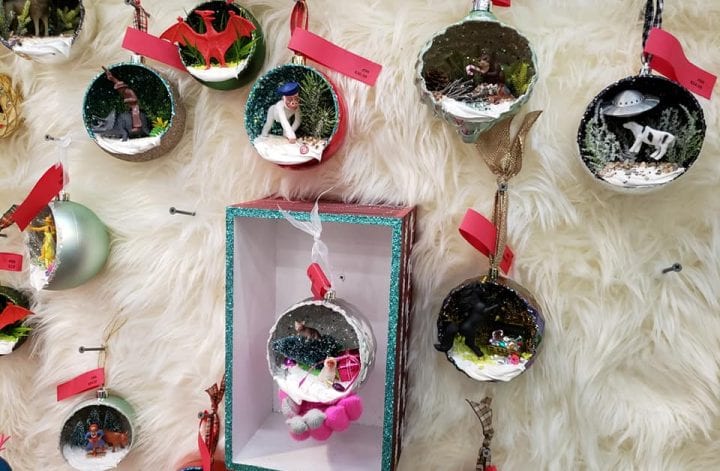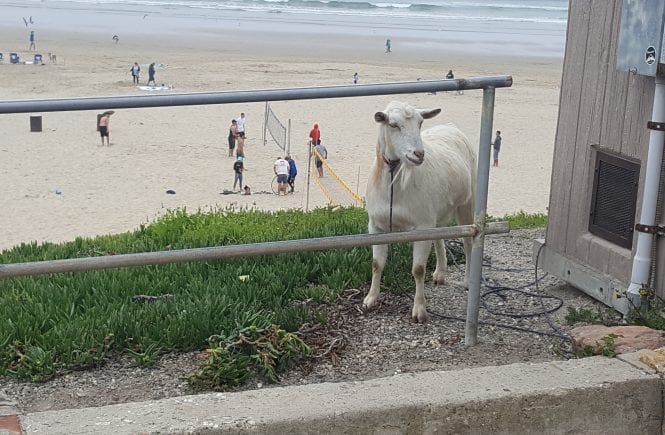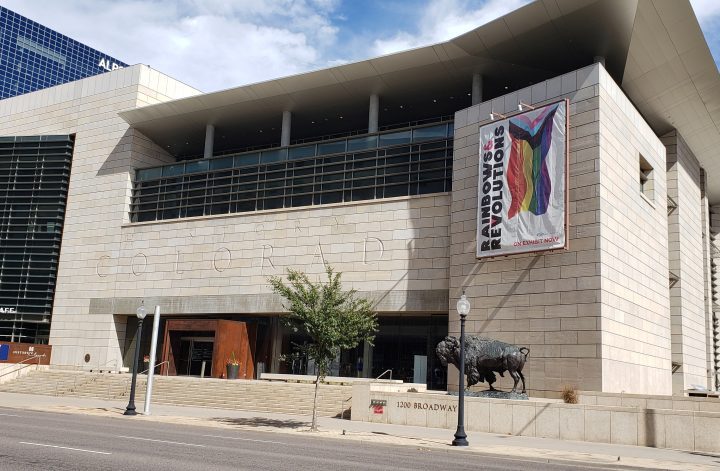Growing Roots in the Austin Space Community
The August Ecosystem Space meetup felt like another step in my networking journey into the aerospace sector. Hosted at Capital Factory and organized by the Space Workforce Incubator for Texas (SWIFT) in collaboration with the Space Force Association, this monthly event continues to excel with its focus on industry connections and forward-thinking dialogue. It’s not your typical networking mixer either, there are no standardized panels or elevator pitches. Instead, it’s a space for real conversations and ideas that fuel innovation in Texas’ booming space ecosystem.
With every event, I’ve started to recognize more familiar faces and feel more plugged into a growing community of thinkers, doers, and dreamers. From technologists and entrepreneurs to students and institutional leaders, everyone brings something unique to the conversation. And as someone coming from a sustainability and communications background, I find this multidisciplinary approach both welcoming and essential to our future.





A Closer Look at the Future: Student Rockets in Action
One of the most memorable parts of the evening was the short film screening that followed the Rice Eclipse Rocket Team as they competed at IREC 2025 in Midland, Texas. Their rocket launch reached an incredible 30,000 feet, earning them first place in the Mach 2+ Hybrid Division. What stood out most wasn’t just the technical achievement, it was the grit, teamwork, and real-world experience these students gained through the process.
It was also great to see SWIFT playing a direct role as a lead sponsor for the team, underscoring their commitment to preparing young Texans for aerospace careers through hands-on learning. Complementing the screening, the Austin Community College “Space Cowboy” rocket was on display, adding a tangible element to the theme of student innovation and bridging academic exploration with industry impact.

Industry Insights: Lunar Missions and Commercial Solutions
The evening also featured a talk by Austin Claybrook of Space Exploration Engineering (SEE), speaking on behalf of LSAS Tec USA. His presentation, “30 Years of Commercial Solutions Supporting Lunar Missions,” offered a deep dive into how commercial aerospace firms have supported mission success beyond Earth’s orbit for decades. From early challenges in spaceflight logistics to modern innovations that enable lunar exploration, his insights added a long-view perspective to consider.
What I appreciated most was the reminder that progress in space is never just about one entity, it’s about collaboration. Government agencies, private companies, educators, and community organizations are all part of this fabric that supports sustainable growth in aerospace. As someone building a career that bridges sustainability, strategy, and communication, it was encouraging to hear how values like long-term thinking, adaptability, and partnership are central to this field.



Mixer Takeaways
As I continue to explore my place in the aerospace industry, this event left me with some clear takeaways, not just about rockets and missions, but about people, possibility, and purpose.
- Innovation needs community: Progress happens faster when experts, students, and creatives can engage and collaborate.
- Student involvement is essential: The next generation isn’t waiting—they’re already launching.
- Cross-disciplinary skills are valuable: Storytelling, sustainability, and strategic thinking have a real seat at the table.
- Texas is becoming a space hub: Events like these are helping shape the future of the industry right here in Austin.
I’m looking forward to continuing to show up, learn, and grow in this space, both literally and figuratively. If you’re curious about the intersection of aerospace, education, and innovation, the next Ecosystem Space meetup is happening monthly at Capital Factory. Hope to see you there!
*Content was generated with AI based on my notes and direction, then edited and refined by me for accuracy.




